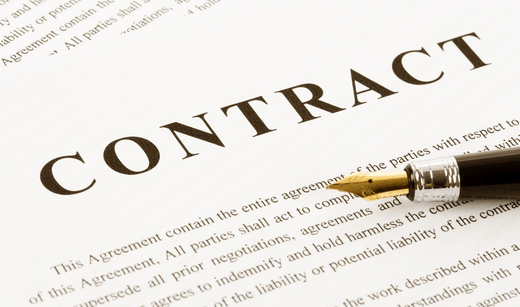

Finally, the consensus on your most annoying habit.
When you were growing up, your mom probably warned you to stop cracking your knuckles, saying that doing so was a surefire way to welcome arthritis. But is this a real risk or just a scare tactic?
Most research suggests the latter, says chiropractor Alex Tauberg, D.C. One study in the Journal of the American Board of Family Medicine, for example, found that people with arthritis were no more likely to be knuckle-crackers than those without it.
“The consensus of medical professionals aligns with this belief that knuckle-cracking and joint-cracking in general are not dangerous,” says Tauberg. “It seems that this rumor has been so prevalent because people find it annoying.”.
Alon Garay, M.D., an orthopedic hand surgeon at Sharp Rees-Stealy, agrees. Unless it's causing you pain, there's no real harm knuckle-cracking can do, he says.
When you crack your knuckles, your joints pull apart, causing a drop in pressure that creates a cavity. The cracking noise comes from this cavity formation, says Tauberg. Gas—mostly carbon dioxide—fills the cavity, then gradually, it goes back into the joint. During this process, you’re stretching your joints to their limits, but not past them—at least not usually. That's why there's likely no harm with a normal knuckle crack.
Still, if you crack your knuckles with unusual force, it’s possible to sprain or strain your finger, says Tauberg. And one study in the Annals of the Rheumatic Diseases linked knuckle-cracking with hand swelling, a weakened grip, and impaired hand function, though most studies have not found any problems associated with knuckle-cracking.
So, ideally, it’s best to avoid, Tauberg says. But if you can’t resist, your biggest risk is probably just irritating the people around you
Finally, the consensus on your most annoying habit. Read Full Story


















Facebook
Twitter
Pinterest
Instagram
Google+
YouTube
LinkedIn
RSS